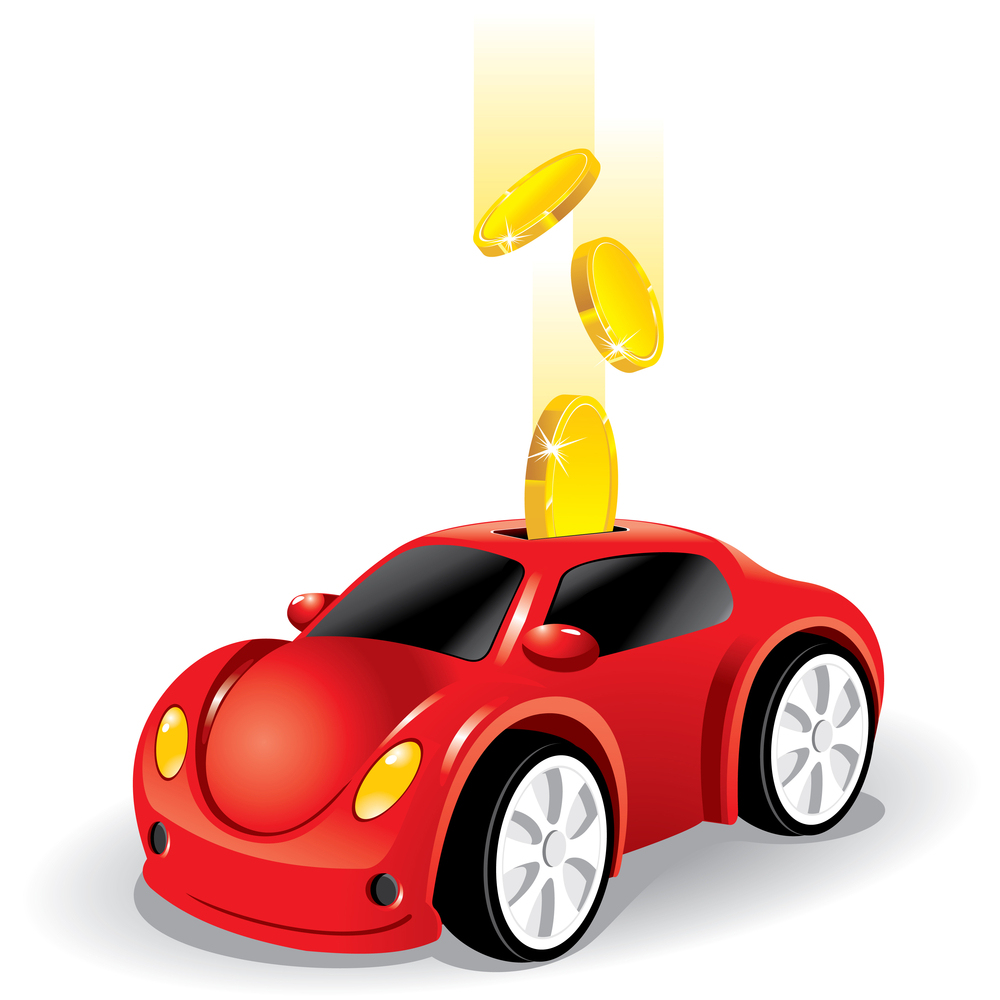That old car sitting in your driveway isn’t just taking up space—it’s a treasure trove of valuable materials waiting to be recovered. Scrap car recycling transforms end-of-life vehicles into reusable resources, creating a sustainable cycle that benefits both the environment and the economy.
Every year, millions of vehicles reach the end of their useful life. Without proper automotive recycling, these cars would pile up in landfills, leaching harmful chemicals into soil and groundwater. Instead, scrap car recycling ensures that up to 85% of a vehicle’s materials can be recovered and reused.
Understanding the scrap car recycling process helps car owners make informed decisions about car disposal while contributing to environmental conservation. Whether you’re dealing with a damaged vehicle after an accident or simply ready to retire your aging car, knowing how scrap yards operate and what junk car buyers offer can help you navigate this process effectively.
This comprehensive guide explores the environmental and economic benefits of automotive recycling, walks through the step-by-step process, and addresses the legal requirements you need to know.

Environmental Benefits That Make a Real Difference
Reducing Landfill Waste
Scrap car recycling dramatically reduces the burden on landfills. A single vehicle contains approximately 2,000 pounds of recyclable steel, along with aluminum, copper, and other valuable metals. When processed by certified junk car recyclers, these materials avoid landfills entirely.
The environmental impact extends beyond space savings. Vehicles contain hazardous fluids like motor oil, brake fluid, and coolant that can contaminate soil and water sources if not properly managed. Professional scrap yards ensure these substances are safely removed and disposed of according to environmental regulations.
Conserving Natural Resources
Scrap metal recycling from vehicles reduces the need for mining new materials. Recycling steel requires 74% less energy than producing new steel from raw materials. This energy savings translates to reduced carbon emissions and decreased environmental degradation from mining operations.
Consider the aluminum in your car’s wheels, engine block, and other components. Recycling aluminum uses 95% less energy than producing new aluminum from bauxite ore. These energy savings accumulate across millions of recycled vehicles, creating substantial environmental benefits.
Reducing Carbon Footprint
The automotive recycling industry prevents approximately 85 million tons of materials from entering landfills annually. This massive diversion reduces methane emissions from decomposing materials and eliminates the carbon footprint associated with mining and processing virgin materials.
Economic Benefits That Drive Growth
Job Creation and Industry Growth
The scrap car recycling industry supports over 100,000 jobs across the United States. These positions range from collection and processing to parts resale and scrap metal recovery. Local scrap yards serve as economic anchors in their communities, providing stable employment opportunities.
Junk car buyers like Benjamin’s Junk Cars in Indianapolis create additional economic activity by connecting car owners with recyclers. This network ensures vehicles reach proper recycling facilities while providing fair compensation to owners.
Revenue Generation for Car Owners
Many car owners don’t realize their junk vehicle has value. Junk car buyers evaluate vehicles based on their metal content, usable parts, and current scrap metal prices. Even non-running vehicles typically contain $200-$500 worth of recyclable materials.
The revenue potential depends on several factors:
- Vehicle weight and metal content
- Current scrap metal market prices
- Condition of reusable parts
- Local demand for specific components
Supporting Manufacturing Industries
Automotive recycling creates a steady supply of raw materials for manufacturing. Steel mills rely on recycled automotive steel to produce new products, while aluminum recyclers process vehicle components for various industries.
This circular economy reduces manufacturing costs and makes consumer goods more affordable. The cost savings from using recycled materials versus virgin materials ultimately benefit consumers through lower prices.
Contact Us for FREE Scrap Car Removal
Understanding the Scrap Car Recycling Process
Step 1: Vehicle Assessment and Preparation
When you contact auto recyclers, they evaluate your vehicle’s condition and provide a quote. This assessment considers the car’s weight, recoverable parts, and current scrap metal prices.
Once you accept the quote, the recycler schedules pickup or you deliver the vehicle to their facility. Most reputable junk car recyclers offer free towing services, making the process convenient for car owners.
Step 2: Fluid Removal and Hazardous Material Disposal
Professional scrap yards begin by draining all fluids from the vehicle. This includes:
- Engine oil and transmission fluid
- Brake fluid and power steering fluid
- Coolant and windshield washer fluid
- Gasoline and diesel fuel
These fluids undergo proper disposal or recycling through specialized facilities. Used motor oil, for example, can be refined into new lubricants or converted into other petroleum products.
Step 3: Parts Recovery and Resale
Before crushing the vehicle, recyclers remove valuable components that can be resold. These parts include:
- Engines and transmissions
- Electronic components and computers
- Catalytic converters
- Tires and wheels
- Batteries and alternators
This parts recovery phase extends the useful life of automotive components while providing affordable replacement parts for car owners.
Step 4: Metal Separation and Processing
After parts removal, the remaining shell goes through a shredding process. Industrial shredders break the vehicle into small pieces, which then undergo magnetic separation to sort ferrous and non-ferrous metals.
Ferrous metals like steel and iron are separated using powerful magnets. Non-ferrous metals such as aluminum, copper, and brass require different separation techniques, including eddy current separators and hand sorting.
Step 5: Material Sale and Reuse
The recovered metals are sold to manufacturers for reuse in new products. Steel typically goes to steel mills for processing into new steel products. Aluminum finds its way to smelters for conversion into new aluminum products.
This final step completes the recycling cycle, transforming your old car into raw materials for new products.
Title Transfer Requirements and Regulations
Most states require proper title transfer when selling to junk car buyers. This legal step protects you from liability if the vehicle is involved in illegal activities after sale. Even if your car is destined for recycling, maintaining proper documentation is essential.
If you’ve lost your car title, contact your state’s DMV to obtain a replacement before proceeding with the sale. Some states offer alternative documentation for junk vehicles, but having the original title simplifies the process.
In addition to proper title transfer, some states also require a bill of sale to be signed by both parties. This document serves as proof of transaction and outlines the terms of the sale, including the agreed-upon price and any warranties or guarantees provided by the seller.
It’s important to familiarize yourself with your state’s specific requirements for selling a junk car. Failure to follow these regulations could result in legal consequences, so it’s better to be safe than sorry.
Tips for Choosing a Reputable Auto Recycler
Before choosing a automotive recycler or junk car buyer, it’s essential to do your research and find a reputable company that you can trust. Here are some tips to keep in mind when choosing:
- Check for proper licensing and certifications
- Read reviews and ask for recommendations
- Inquire about their process for evaluating the value of your car
FAQ About Scrap Car Recycling
What is considered a “junk” car?
A junk car is typically an old, damaged, or non-functional vehicle that is no longer in use.
Why should I recycle my junk car?
Recycling your junk car not only helps the environment by reducing waste and harmful chemicals from seeping into the ground, but it also helps create new materials for future products.
Can I still get money for my junk car even if it’s not running?
Yes, you can still receive cash for your junk car even if it’s not in working condition. Junk car recyclers will often dismantle the vehicle and sell its parts to interested buyers.
How long does the process of selling my junk car usually take?
The timeframe for selling your junk car may vary depending on the buyer and the condition of your vehicle. However, most reputable buyers will typically offer a quick and hassle-free process, with some even offering same-day pickup.
Will I need to provide any paperwork when selling my junk car?
While requirements may vary depending on your location, it’s always best to have your car title on hand when selling a junk car. Some buyers may also require additional documents such as proof of ownership or a valid ID.
What happens to my junk car after it is sold?
Once you have sold your junk car, the buyer will usually tow it away and take care of the recycling process. This involves stripping down the vehicle for parts and materials that can be reused or repurposed. The remaining metal frame will usually be crushed and sold for scrap.
Are there any tax implications when selling a junk car?
The sale of a junk car may have tax implications depending on where you live and how much you receive for the vehicle. It’s always best to consult with a tax professional for specific advice.
Conclusion
In conclusion, getting rid of a junk car may seem like a hassle, but it is important not only for the environment but also for your own safety and financial well-being. By properly disposing of your junk car, you are contributing to a cleaner and safer community while potentially earning some extra cash.
Remember to do your research, find a reputable buyer or recycling center, and consult with a tax professional if necessary. With these tips in mind, you can easily get rid of your junk car with confidence and peace of mind.
Looking to recycle your junk car in Indianapolis? Contact Benjamin’s Junk Cars today for fast, reliable, and eco-friendly junk car recycling services. Whether you’re looking to clear up space, earn cash, or make an environmentally responsible choice, we’ve got you covered.
Related Post: Junk Cars to Gold: Unveiling the Lucrative World of Scrap Auto Sales



